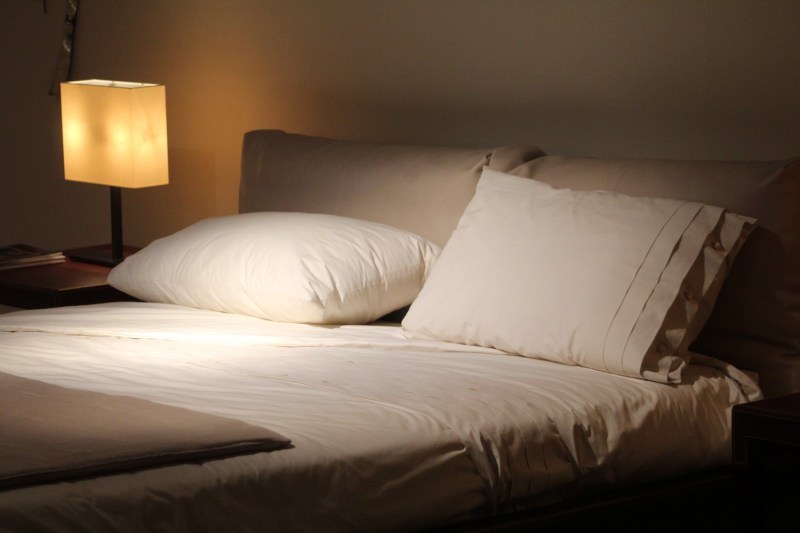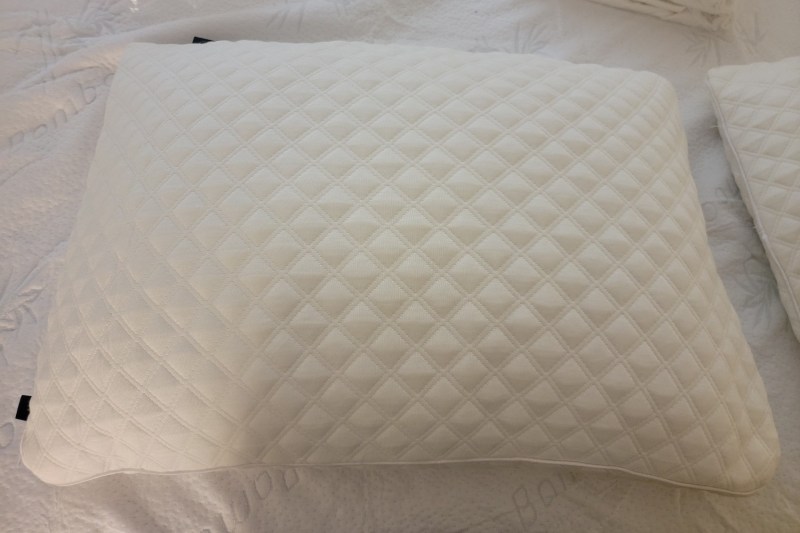
Your pillow is an incredibly important part of your bedding. If you choose correctly, your pillow will provide the cushion and support your head and neck need for proper alignment. But if you have the wrong pillow, it may throw you out of alignment, exacerbate your pain, and inhibit your ability to get the sleep you need.
It’s time to fix this problem and fix your bed. We’ll show you how to choose a pillow, and we’ll explain why your sleep patterns matter when choosing the right pillow. You deserve a better night’s sleep, so let’s see how we can pick better pillows.

Why Are Pillows So Important for Our Bedding?
Pillows really do play a major role in making our beds more conducive for sleep. When our bodies are in proper alignment, we feel more comfortable, and we can then drift off to dreamland more quickly and easily. A good pillow helps to keep your body in proper alignment by gently lifting your head and neck. When used properly, a good pillow can also provide critical spinal support, and it can help relieve neck and back pain (as well as other forms of pain if you’re using larger body pillows).
If you’re not using the right pillow, you risk bending your neck so much that it leads to neck pain. If you suffer from sleep apnea, pillows can interfere with continuous positive airway pressure (CPAP) treatment that ensures you’re breathing and receiving enough oxygen while you’re sleeping. The wrong pillow can also keep you up at night. Without sufficient sleep, you may lose out on muscle growth, tissue recovery, optimal brain health, and even protection from future heart disease.

Which Type of Pillow Might You Need?
These days, bedding suppliers offer many different pillows for many different people. Keep in mind how you tend to sleep and what makes you most comfortable in bed as you pick the right pillow for your bed.
If you sleep on your stomach, you probably need a soft pillow on the flatter end of the loft spectrum in order to keep your neck in better alignment with your spine. If you sleep on your back, look for a “happy medium” pillow with medium loft and medium softness to strike the right balance of height and firmness for proper neck support. If you sleep on your side, you can probably use a thicker pillow with more loft and firmness. If you’re a more versatile sleeper who changes positions throughout the night, try a softer pillow with medium loft that you can comfortably use in multiple positions.

How to Pick the Best Pillow for You
In addition to factoring in which position(s) you sleep in every night, you should also consider what makes you feel best in bed. These steps can help you pick the pillow that’s just right for you.
Step 1: Choose the Correct Softness
If you need extra softness and a cooler feel, consider buying a down pillow or an appropriate down alternative pillow for that delicate softness you want.
Step 2: Choose the Correct Firmness
If you need a pillow that contours to your body to provide pressure point and pain relief, a memory foam pillow may work best for you.
Step 3: Choose the Correct Materials
If you’re sensitive to multiple allergens, you probably want to steer clear of down and other feather pillows. If you prefer a firmer and more elastic feel, a latex pillow may be ideal for you.
Ultimately, it comes down to this: The right pillow for you is the pillow that makes you feel the most comfortable. We at The Manual strive to do our best to help you feel your best, so we’re always on the lookout for ways to help you sleep better every night. For more awesome sleep content, check out our guide for cleaning mattresses, our expert-backed guide on how to fall asleep fast, and our complete guide to rest and recovery. Good night, and good luck in getting better sleep.



